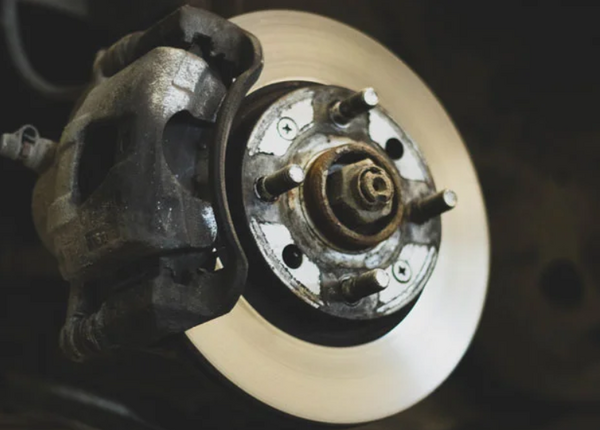Notifications
ALL BUSINESS
COMIDA
DIRECTORIES
ENTERTAINMENT
FINER THINGS
HEALTH
MARKETPLACE
MEMBER's ONLY
MONEY MATTER$
MOTIVATIONAL
NEWS & WEATHER
TECHNOLOGIA
TV NETWORKS
VIDEOS
VOTE USA 2026/2028
INVESTOR RELATIONS
COMING 2026 / 2027
ALL BUSINESS
COMIDA
DIRECTORIES
ENTERTAINMENT
FINER THINGS
HEALTH
MARKETPLACE
MEMBER's ONLY
MONEY MATTER$
MOTIVATIONAL
NEWS & WEATHER
TECHNOLOGIA
TV NETWORKS
VIDEOS
VOTE USA 2026/2028
INVESTOR RELATIONS
COMING 2026 / 2027
 Patriot Express -
Jan 1 -
Business -
brake services
brakes repair
battery repair experts
-
322 views -
0 Comments -
0 Likes -
0 Reviews
Patriot Express -
Jan 1 -
Business -
brake services
brakes repair
battery repair experts
-
322 views -
0 Comments -
0 Likes -
0 Reviews

Your vehicle’s braking system is one of its most critical safety components. Ensuring regular brake services is essential for maintaining optimal performance, enhancing safety, and preventing costly repairs. Properly functioning brakes can mean the difference between a safe stop and a dangerous collision. Let’s delve into the importance of brake maintenance and the key benefits of staying proactive.
Brakes are subject to wear and tear every time you drive. The friction required to stop a vehicle gradually wears down brake pads, rotors, and other components. Regular brake services are vital to:
Recognizing the early signs of brake problems can save lives and reduce repair costs. Be on the lookout for:
A comprehensive brake service typically includes:
Neglecting regular brake maintenance can lead to:
The frequency of brake services depends on several factors, including your driving habits, the type of vehicle, and the quality of brake components. A general guideline is to have your brakes inspected every 12,000 miles or at least once a year. However, always consult your vehicle’s owner manual for specific recommendations.
To keep your brakes in top condition between services, consider the following tips:
While some maintenance tasks can be performed at home, professional expertise is crucial for comprehensive brake care. Certified technicians have the tools and knowledge to:
Maintaining your brakes doesn’t just enhance safety; it also benefits other aspects of your vehicle:
When it comes to your safety, only the best will do. Partnering with trusted brake service providers ensures:
Regular brake services are essential for safe driving and long-term vehicle performance. Addressing issues early can prevent accidents, save money, and ensure your car operates at its best. Beyond brake care, reliable service providers often specialize in broader vehicle maintenance, including being battery repair experts—further enhancing your car’s reliability and safety.
